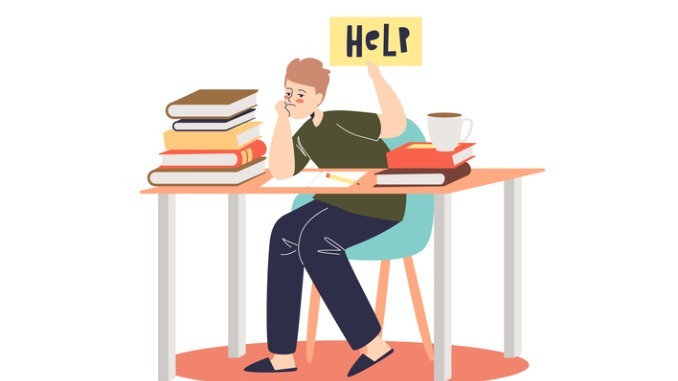
A report has highlighted the long-term impact of school suspensions on young people’s futures, revealing that those suspended during secondary school are twice as likely to be out of education, employment or training by age 24
CREDIT: This is an edited version of an article that originally appeared in The Guardian
Young people in England who experienced at least one suspension during their secondary school years are twice as likely to be out of education, employment or training by the age of 24, compared to their peers. According to analysis by the Education Policy Institute (EPI), they are also less likely to attain level three qualifications, such as A-levels, and are less likely to pursue higher education.
A new report commissioned by the youth education charity Impetus reveals that students who have been suspended 10 or more times face outcomes that are equally poor, if not worse, than those of young people who are permanently excluded from school.
The EPI study monitored 576,000 students who began year 7 in 2006, tracking their progress through state secondary school and their reliance on state welfare into their mid-20s. The research found that around 16% of these pupils were suspended at least once during their time in secondary school.
Allen Joseph, a researcher in early years, inequalities and wellbeing at the EPI, said: “Our latest analysis shows that pupils who are suspended during secondary school are not only less likely to achieve good grades at GCSE but also tend to have poorer education, occupation and health outcomes in adult life.
“Given these poor individual-level outcomes and wider societal costs, it is imperative that schools, colleges and wider services are adequately resourced to address the circumstances and respond to the behaviour that resulted in the suspension.”
The report suggests that the connection between suspension and adult outcomes may be indirect. Suspended students tend to have lower average GCSE grades, which can, in turn, restrict their access to further education opportunities.
Paul Whiteman, the general secretary of the National Association of Head Teachers, said: “Schools work hard to support pupils, only using suspensions and exclusions where absolutely necessary for the safety and wellbeing of all children, but they cannot do this alone.
“Vital services like children’s social care, child and adolescent mental health services and specialist behaviour support teams which enable schools to access specialist help need to be rebuilt, and the crisis in special educational needs provision must be tackled.”




Be the first to comment